It’s A Thing Called “Availability Heuristics”
We’ve all done it.
We see that ad on TV, and suddenly, we think, “Oh, no! I’ve got those symptoms, too! I must have Guillain-Barré Syndrome!” And we make a frantic same-day appointment with our PC, convinced we’ve got GBS, or Parkinson’s, or whatever condition the ad was about.
In healthcare, our motivations to seek medical advice are often influenced by what we see in the media and our immediate concerns. This phenomenon is called “availability heuristics.”
How reliable are the prompts that make us suddenly assume the worst?
This blog explores the concept of availability heuristics and its impact on our health-related decisions.
The Catalysts of Health Concerns
As in the example above, your trip to the doctor’s office may begin with a trigger—something that shakes your emotional equilibrium. It could be a personal health scare or the experience of someone close to you, like a family member or a celebrity that you see on TV who is facing a medical crisis.
Direct experiences, like falling ill, naturally drive you to seek medical advice. Indirect experiences, such as hearing about a health issue affecting someone you admire, can also stir significant concerns.
The Double-Edged Sword of Awareness
While awareness is undoubtedly beneficial—it can prompt you to take action and seek timely medical intervention—it can sometimes push your emotions beyond useful limits.
Hearing about a celebrity’s illness might make you overly anxious about your health, leading you to believe you’re at a higher risk of the same condition. This reaction exemplifies availability heuristic: your tendency to estimate the likelihood of an event based on how easily examples of that event come to mind, not how likely they are to occur.
The Impact of Overestimating Health Risks
When influenced by availability heuristics, you might rush to your doctor, convinced you are in imminent danger of a terrible disease or condition. Symptoms as benign as explainable constipation might lead to off-the-charts anxiety, magnified by the recent news you heard of a celebrity’s cancer.
Upon consulting a physician, you might learn that your actual risk is low, and your symptoms are manageable with simple remedies like increased fluid intake and, possibly, anxiety medication.
Overestimating health risks ramps up your worry and can influence you to make decisions and plans driven by fear. You could be enjoying an afternoon at the beach with the grandkids, for example, and instead you’re in a cold sweat at the doctor’s office having convinced yourself of a condition that you essentially made up.
The Importance of Trusting Your Physician
The key to navigating these triggered health concerns is to maintain a trusting relationship with your healthcare provider. A physician can offer a balanced perspective, grounding your concerns with professional assessments of your actual risk based on prevalent data and your individual symptoms. It’s essential to value your physician’s expertise, especially when it contradicts your fearful assumptions influenced by availability heuristics.
Conclusion: Balance Awareness with Informed Medical Advice
In conclusion, while it’s important to stay informed and proactive about your health, it’s equally important to temper your responses with factual medical advice.
Availability heuristics can lead you to overestimate risks. Remind yourself of the dynamics at play and discuss your concerns with a trusted healthcare provider. By doing so, you can ensure your actions are based on accurate risk assessments and sound medical knowledge, rather than media-induced panic.
This approach helps you manage your health more effectively. It also supports a more rational approach to medical concerns, ensuring you respond to actual risks, not just perceived ones. Go enjoy that afternoon at the beach!




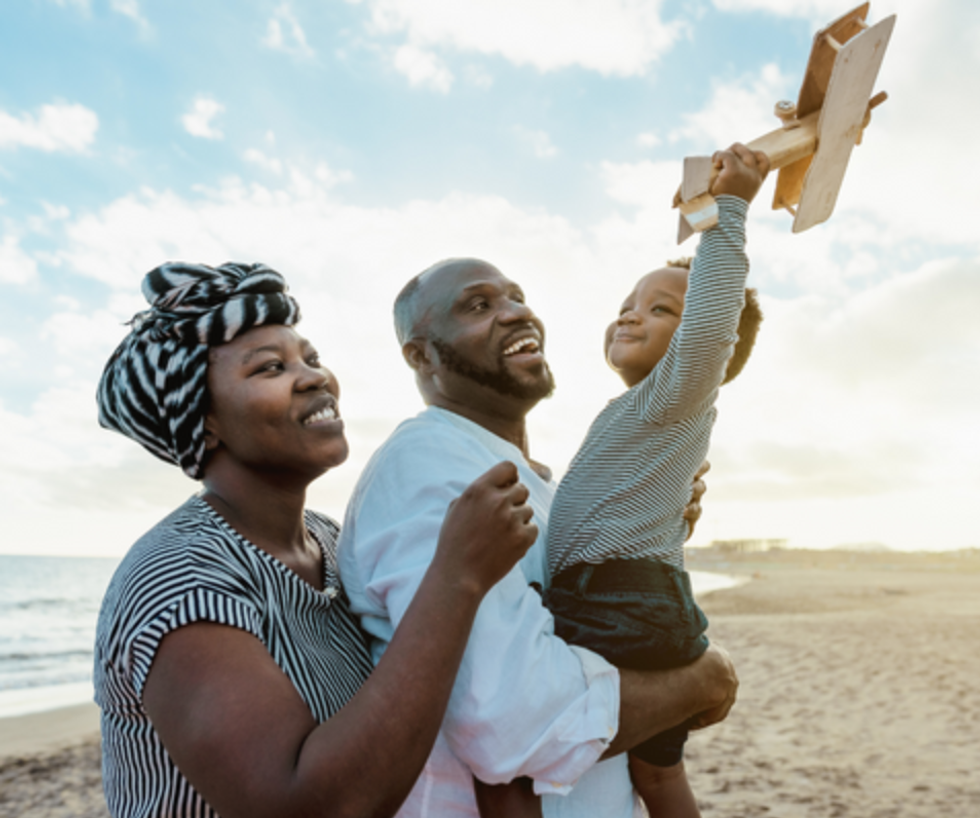





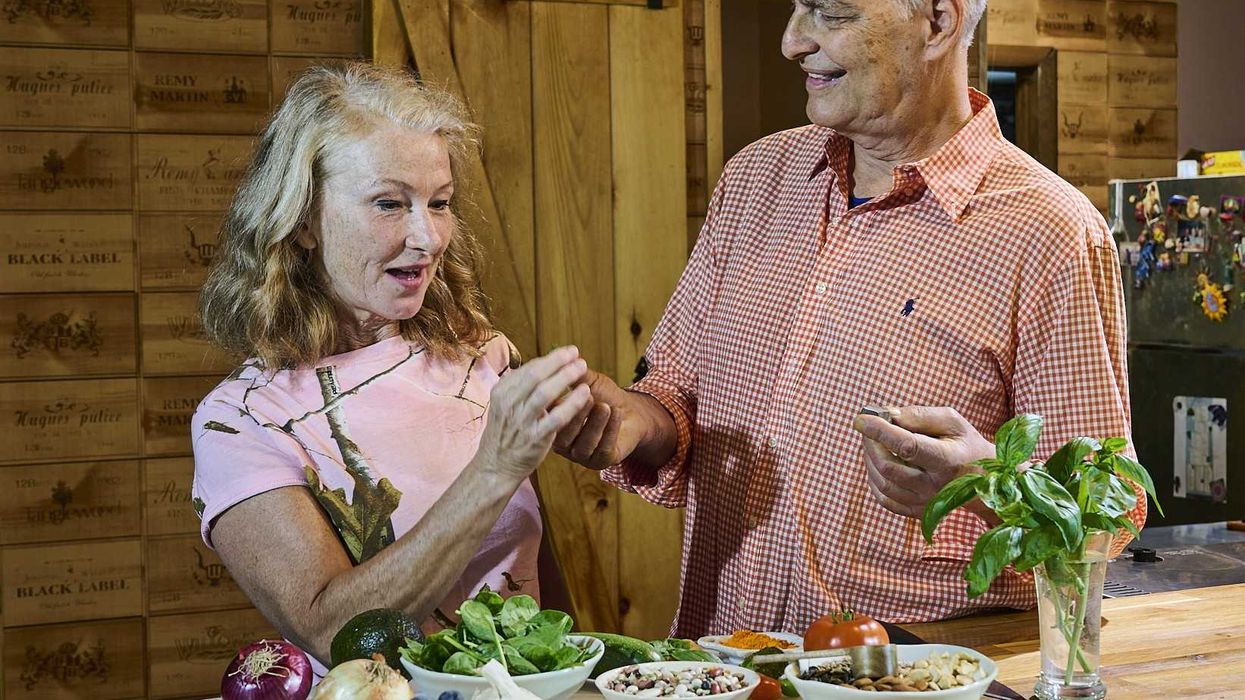


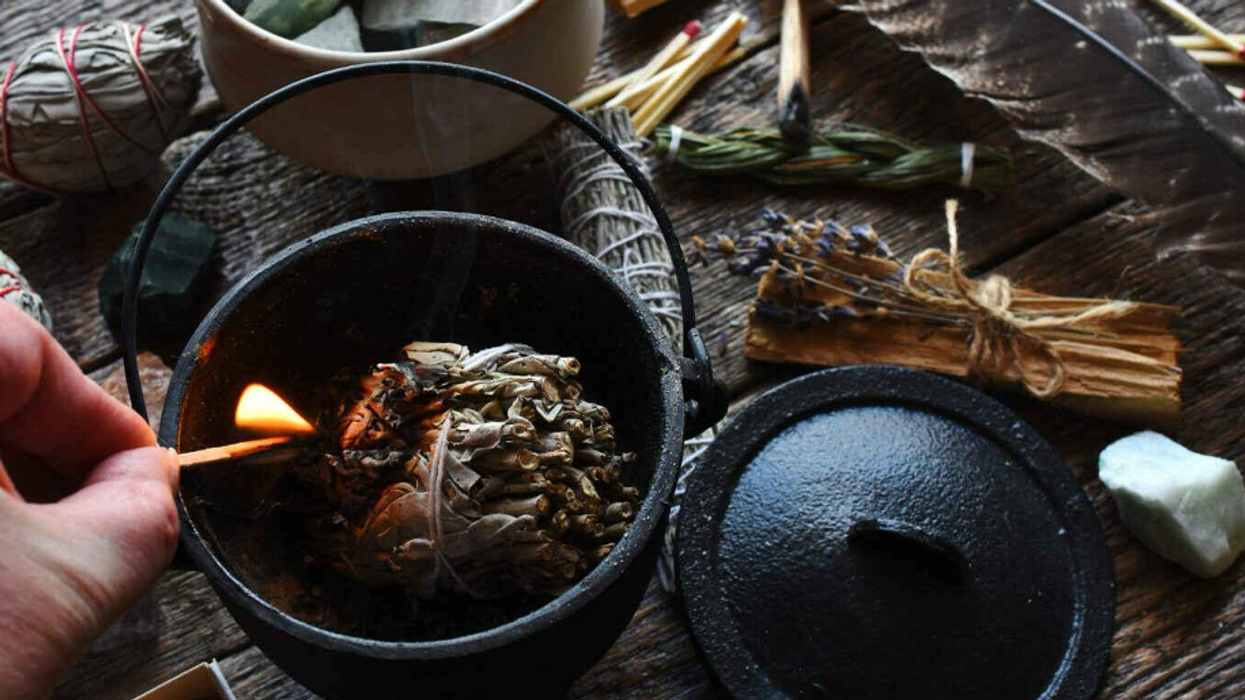
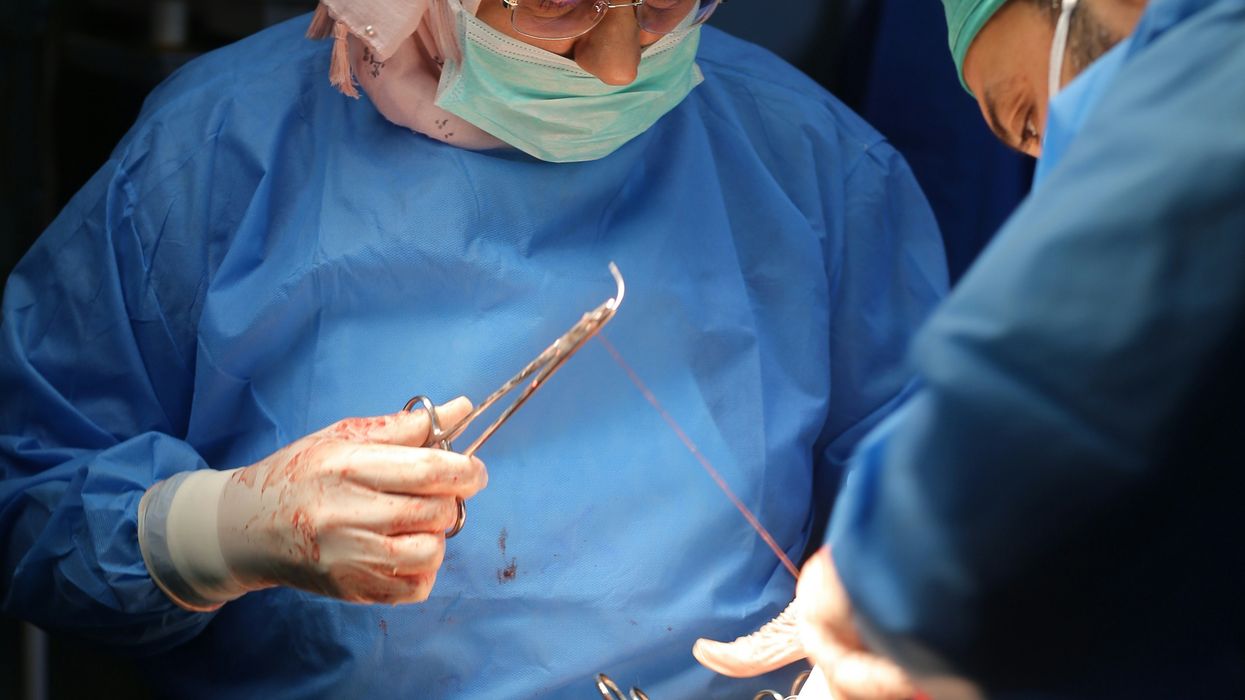
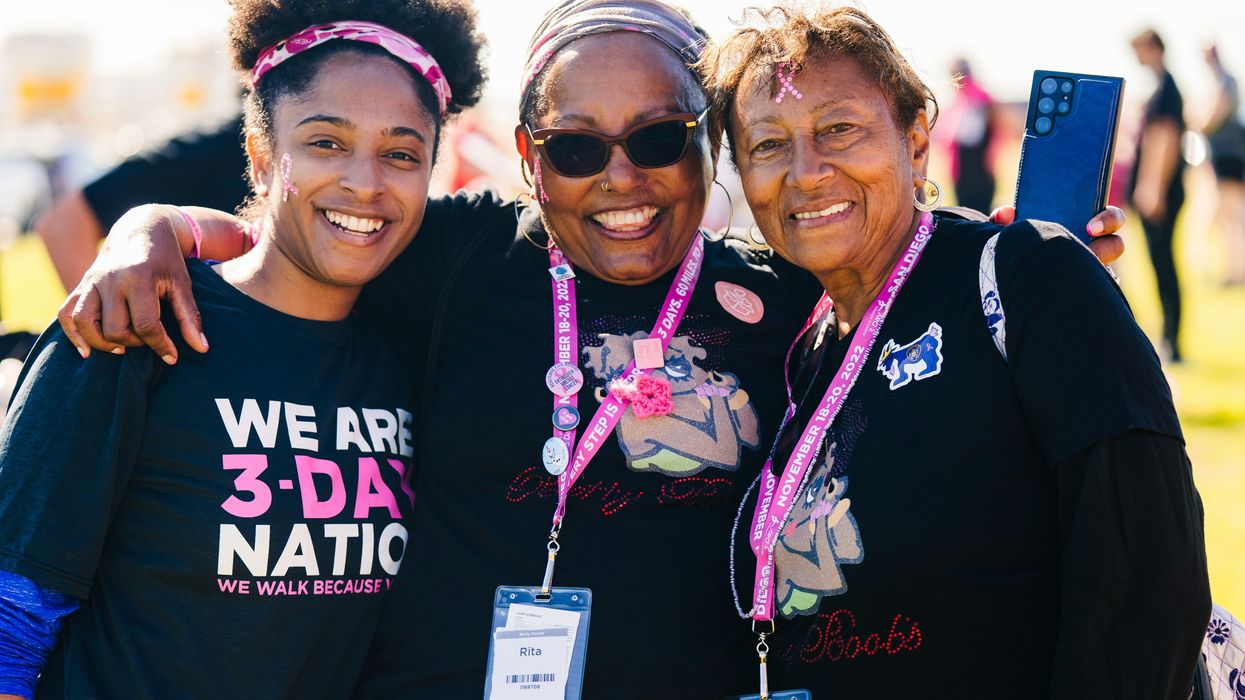
 Ragina Ireland has been lovingly supported throughout her cancer journey by her sister, Johnnie Ireland. Four years ago, Ragina took a Cancer Genetic Risk Assessment test to help give her sister a clearer understanding of her own risk for developing breast cancer.
Ragina Ireland has been lovingly supported throughout her cancer journey by her sister, Johnnie Ireland. Four years ago, Ragina took a Cancer Genetic Risk Assessment test to help give her sister a clearer understanding of her own risk for developing breast cancer.  Karla Mingo believes that her greatest gift as a cancer survivor is the ability to live with gratitude and thankfulness.
Karla Mingo believes that her greatest gift as a cancer survivor is the ability to live with gratitude and thankfulness.